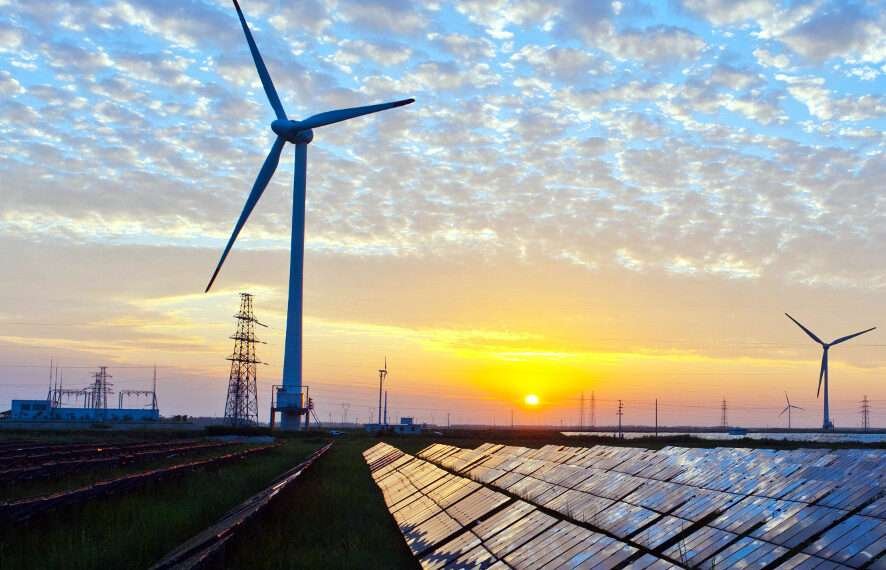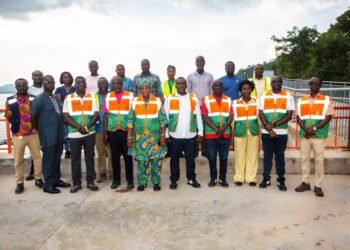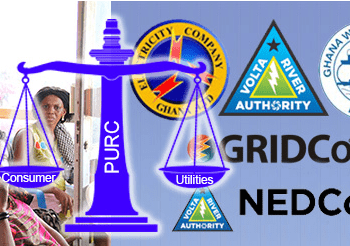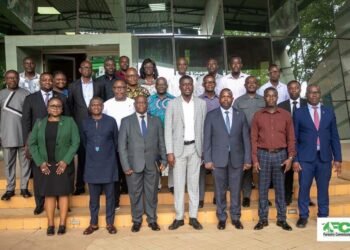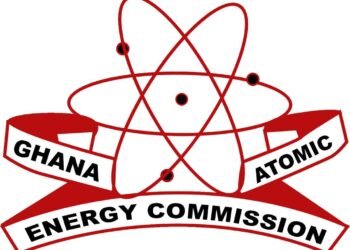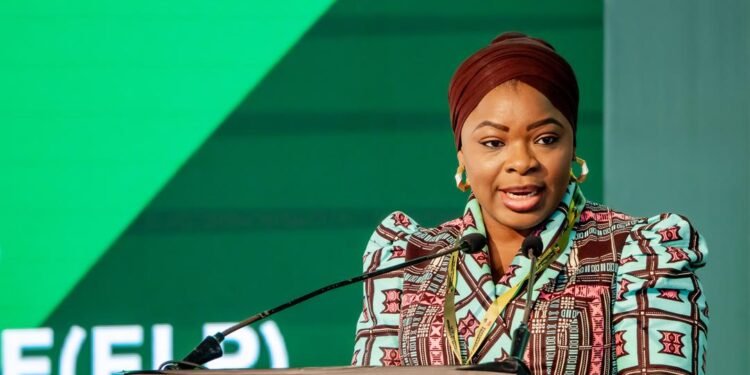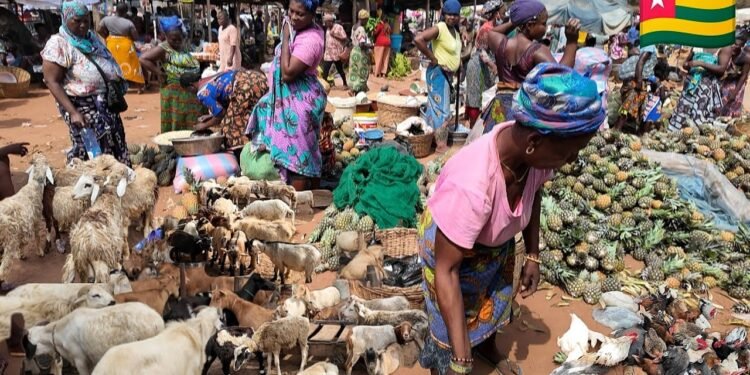Ghana, a West African nation with a population on the rise and a vision for a sustainable future, has set an ambitious goal to transition to renewable energy by 2070. The journey ahead is not only marked by the need for a massive $562 billion investment but also by a commitment to overcoming technological and financial challenges.
As the country grapples with a projected 72.2% increase in population and strives for 99.8% electricity access, it faces the imperative to boost its renewable energy penetration from the current 3.1%. Ghana’s energy setting encompasses nuclear power program development, the promotion of liquefied petroleum gas (LPG), and significant investments required across key sectors like power generation, residential, services, industry, infrastructure, and road transport.
Ghana’s current energy mix involves a modest 3.1% renewable energy penetration, highlighting the predominant reliance on traditional sources. The government is actively pursuing the development of a nuclear power program, signaling a commitment to diversifying its energy sources.
Additionally, the promotion of LPG is a notable aspect of the country’s strategy, aimed at reducing dependence on conventional fuels and mitigating environmental impact.
The envisioned $562 billion investment is not a random figure; it is a carefully calculated sum aimed at addressing the needs of crucial sectors in the country’s energy transition. Power generation, the residential sector, services, industry, infrastructure, and road transport are all identified as key areas requiring significant financial injections.
This comprehensive approach reflects Ghana’s commitment to creating a holistic and sustainable energy landscape that can support its growing population and evolving economic needs.
Integration into Education
An innovative aspect of Ghana’s energy transition strategy is the integration of energy education into the national school curriculum. By doing so, the government aims to instil a sense of responsibility and awareness among the younger generation, ensuring that sustainability becomes an integral part of the country’s ethos.
This forward-thinking approach not only prepares the youth for a future where renewable energy is paramount but also aligns with global efforts to educate and empower communities to make environmentally conscious choices.
Acknowledging the challenges ahead, Ghana remains optimistic about the benefits that will accompany its energy transition. Affordable energy, job creation, and improved air quality are among the anticipated positive outcomes.
The commitment to overcoming obstacles, both technological and financial, underscores the nation’s determination to create a sustainable future without imposing undue financial strain on its citizens. The careful consideration of potential benefits demonstrates that Ghana sees its energy transition not just as a necessity but as an opportunity for positive change.
The insights into Ghana’s energy transition emerged from a day-long media training session in Accra. Organized by the Natural Resources Governance Institute, this training aimed to enhance journalists’ capacity for effective reporting on energy transition, aligning with preparations for the 2023 UN Climate Change Conference in Dubai.
As the country gears up for COP28, the importance of informed and strategic reporting cannot be overstated. The media’s role in disseminating accurate information, fostering public understanding, and holding stakeholders accountable will be crucial in ensuring the success of Ghana’s energy transition.
Ghana’s journey toward a renewable energy future is marked by ambition, innovation, and a commitment to sustainability. The $562 billion investment may seem staggering, but it is a testament to the comprehensive approach the nation is taking to transform its energy landscape.
By addressing challenges, integrating energy education, and leveraging media engagement, Ghana positions itself as a proactive player in the global pursuit of a sustainable and resilient future. As the nation sets its sights on the 2070 deadline, the world will be watching, hopeful that Ghana’s success will serve as inspiration and a blueprint for others on the path to a cleaner and greener future.
READ ALSO: A 24-Hour Economy Is An Aftermath Of Modernization



